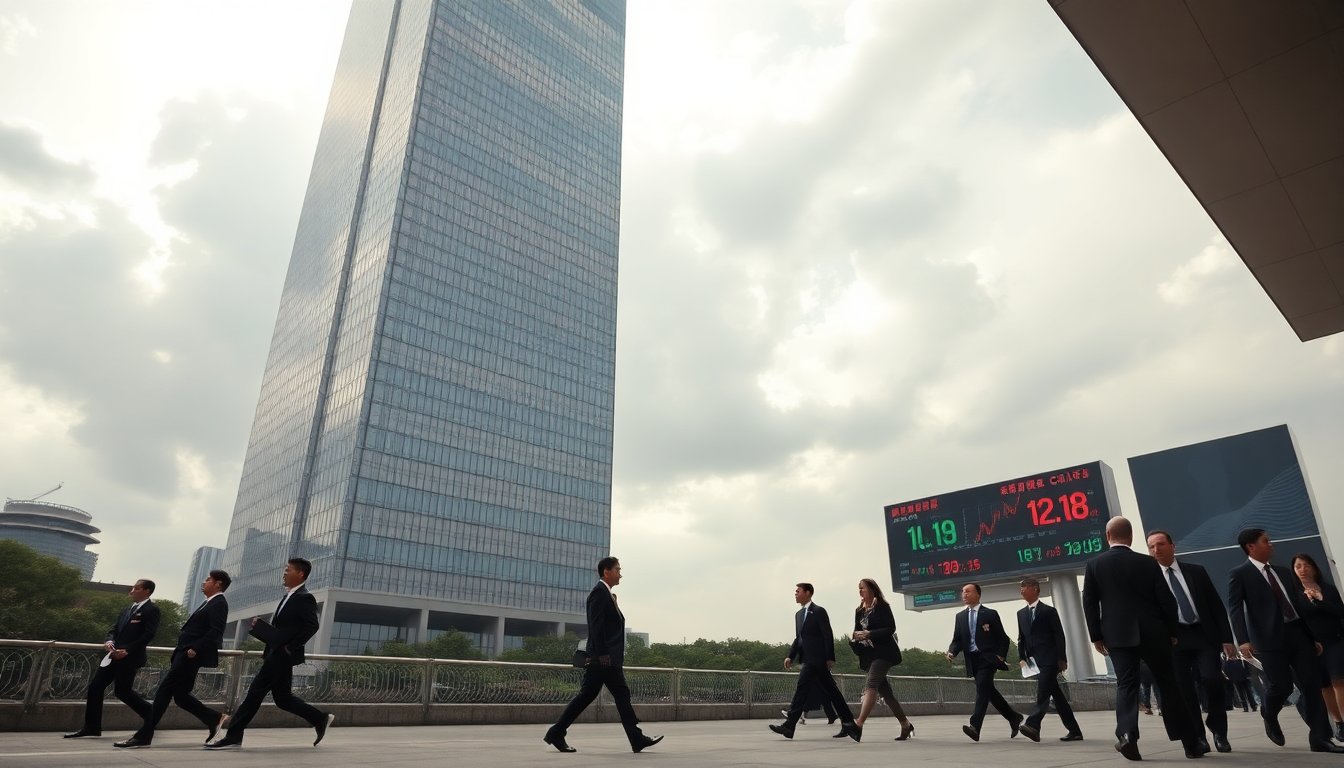Table of Contents
The recent detention of Yi Huiman, the former chairman of the China Securities Regulatory Commission (CSRC), has ignited significant discussions regarding the integrity of China’s financial sector. As a key player in regulating the world’s second-largest capital market, Yi’s allegations of severe disciplinary breaches highlight the ongoing anti-corruption campaign that has infiltrated various levels of the financial industry.
A Closer Look at Yi Huiman’s Role in the CSRC
Yi Huiman served as the chairman of the CSRC from January 2019 until February 2024. During his tenure, he oversaw a critical period for China’s stock market. His background as a statistician provided him with a unique perspective on market dynamics, enabling him to navigate the complexities of regulatory oversight. However, his recent detention by the Communist Party’s disciplinary unit raises questions about the effectiveness of the regulatory frameworks in place and their enforcement.
Yi’s investigation is part of a broader strategy by the Central Commission for Discipline Inspection, which aims to root out corruption and enforce strict discipline within the financial sector. This campaign has expanded its reach, affecting not just banking but also the equities market, signaling a shift towards heightened scrutiny among financial regulators.
The Implications of Corruption Investigations in the Capital Market
Yi’s detention is not an isolated incident; it reflects a growing concern regarding governance within the Chinese financial system. Over the past decade, two other watchdog regulators have faced similar investigations, indicating a pattern of accountability that is becoming increasingly critical in maintaining investor confidence. Market reactions to such developments show that transparency and integrity are paramount for sustainable growth.
The CSRC’s actions, including Yi’s detention, underscore the potential risks associated with investing in a market where regulatory oversight is under constant evolution. Investors typically assess the cap rate and ROI when considering opportunities, but the overarching stability of the regulatory environment plays a pivotal role in shaping investment decisions.
Future Prospects and Investor Confidence
Looking ahead, the ramifications of Yi Huiman’s investigation will likely influence both local and foreign investment strategies within China. The market’s perception of regulatory reliability is crucial; any sign of instability can deter investments and lead to fluctuations in asset values. For investors, understanding these dynamics is essential, especially in a landscape where cash flow and asset revaluation are vital indicators of performance.
In conclusion, the unfolding narrative surrounding Yi Huiman serves as a critical reminder of the importance of governance in the financial sector. As the Chinese market continues to evolve, stakeholders must remain vigilant, assessing both the opportunities and the risks associated with their investments. The path forward will depend significantly on the effectiveness of regulatory reforms and their implementation in the coming years.


